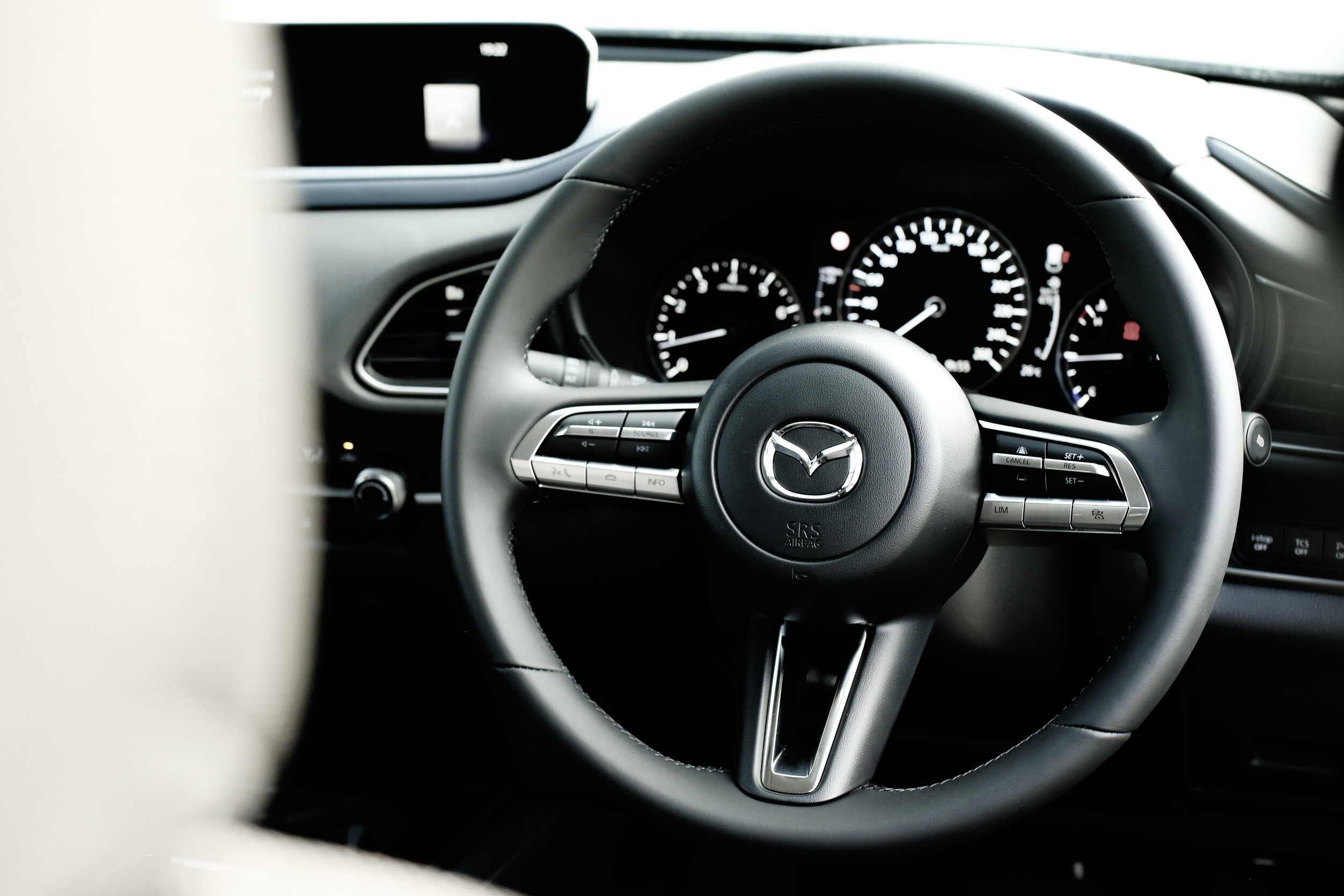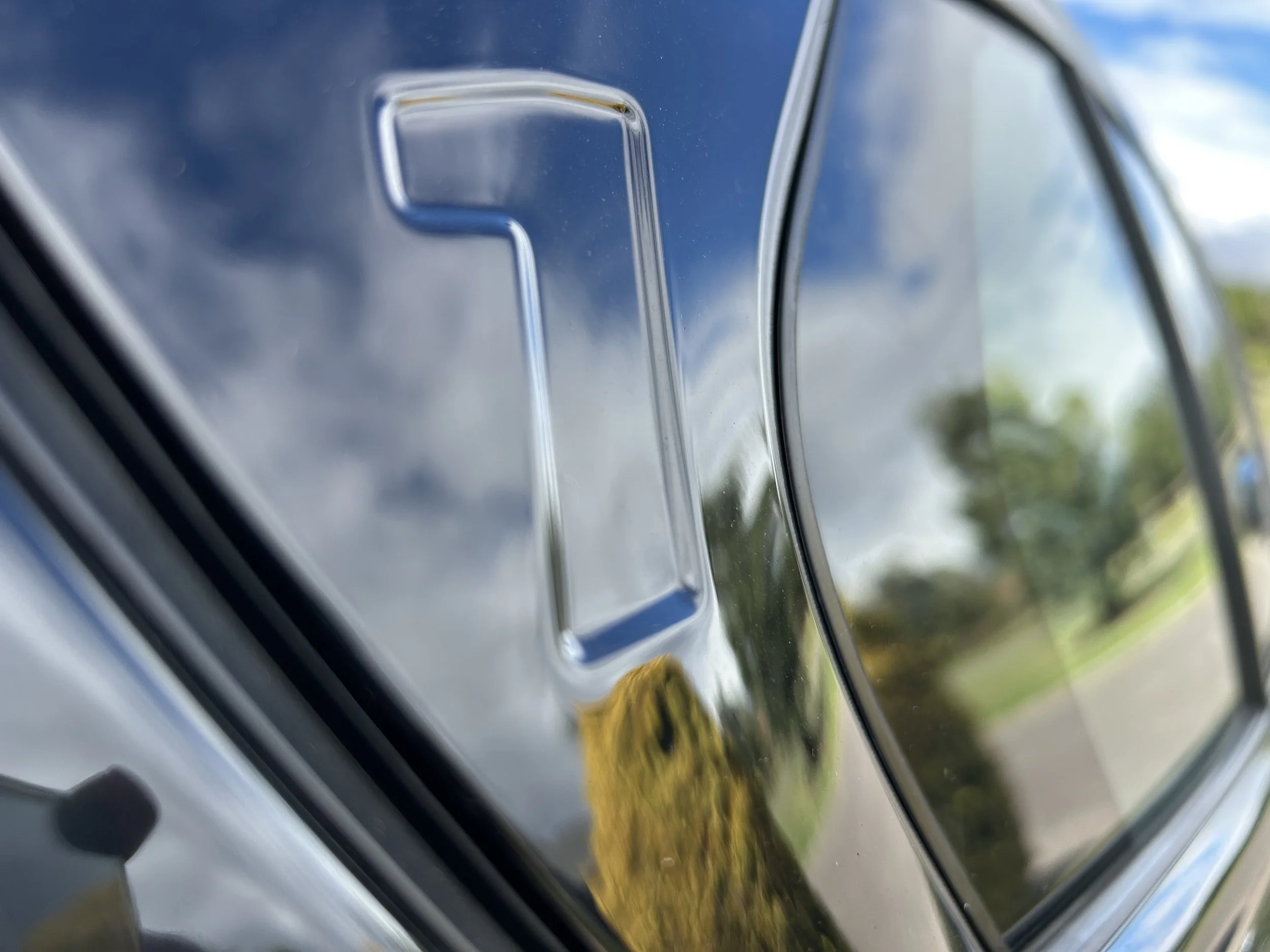CX-30 optimism remains though some orders lost
/The CX-30 releases into a different market environment Mazda had forecast just a few weeks ago.
ACCEPTANCE this year’s new car market might crash and deliver just half the 2019 volume hasn’t destroyed Mazda NZ’s confidence, yet will steer sales expectation.
In discussing hopes for the CX-30 compact crossover, which stands as the first new car to launch nationally since the Covd-19 lockdown enacted, the brand has admitted some would-be buyers have already u-turned and pulled out of deals.
The Mazda3-based five-seater priced from $41,490 to $50,990 will become available from next Tuesday, a timing that synchs in with a relaxation in national restrictions that allows resumption of car sales, though with caveat of this being contactless. So, no showroom visits and a continuation of social distancing which demands care when handing over new cars to customers.
The release is subsequent to a dismal forecast from the Motor Industry Association. The national body representing new vehicle distributors is predicting the new car and light commercial count this year could be 40 to 50 percent lower than last year’s count of 154,763 units
The industry is also anticipating potential of hugely diminished fleet interest, mainly from the crucial rental sector, which appears to have skidded to a sudden halt as result of tourism freeze.
Nonetheless, Mazda NZ is putting on a brave face. It still sees some business sector opportunity for CX-30, moreso than comes with its other crossover contenders, notably from small to medium businesses.
Even so, it will be mainly reliant on private buyer interest in its new model which, as essentially an elevated version of the Mazda3 hatchback becomes the fifth crossover Hiroshima offers and places above the CX-3 and below the CX-5 that has been their best-selling model for some time.
In an online presentation today, Mazda NZ’s managing director, David Hodge, and his manager of product and sales planning, Tim Nalden, signalled that as much as CX-30 is ‘right’ for the market – aiming at the compact crossover category that was showing best growth prior to the coronavirus emergency - market conditions could not be more challenging.
The Auckland-domiciled operation has passed on sharing volume expectations for the car and admits that an original launch timing stymied by the lockdown has been so disrupted by the ensuing national situation that much pre-crisis forecasting has effectively been rendered useless.
Yet that wasn’t just his brand’s dilemma; Nalden hazards the entire car business is in the same situation.
“If you asked anyone (in the industry) what the forecast will be, I doubt anyone will be able to give an accurate reading.”
The market is all but impossible to read. “I suspect you will see that change, day by day, week by week, month by month as we work through this ... at the end of the day, who knows?”
The MIA’s sobering assessment of 2020 has come from canvassing opinion from all new vehicle distributors here and has since been supported by an Infometrics forecast, issued yesterday, Hodge says.
Nalden says Mazda NZ has lost orders for Mazda product, CX-30s included, since lockdown hit. He and expected more cancellations to come. This after such strong interest in CX-30 that 50 percent of the initial shipment had been spoken for during January and February.
“Yes, we have had some orders cancelled … and that is simply just potentially reflecting the state of the economy and anxiety around job security and also the propensity to be able to spend money.
“I would be surprised if 100 percent of all of the deposits currently on our vehicles are retained.
“I think it’s just natural that we can’t expect everyone to stay there, nor should be expect to force people to have to follow through (on deals) if their financial position has changed.”
Hodge has reinforced that Mazda NZ will extend vehicle warranties if they expire during the period of the lockdown, and look after vehicles that have become overdue for their servicing.
As coronavirus continues to spread across the world, car makers are taking the extreme measure of plant closures, mainly in China, South Korea and Europe – though several there seem to be looking to restart soon – and in America, where makers have extended shutdown periods.
Japan’s car industry seems to have been spared the worst in that only factories outside of their home country have been hit. Domestic assembly lines, including those in Hiroshima that makes CX-30 and most other core passenger product for NZ, are still operating. The bigger question hangs over the supply of part from third-party providers. China is the primary provider of components for the world’s car makers; the epicentre of that industry is, ironically, the place where coronavirus was first identified, Wuhan.
Nalden says supply to New Zealand remains good and the stock count here is healthy.
“We've had a month without any selling, so naturally stock is higher than usual.”
Added Hodge: “Mazda has good stocks of new vehicles that should last us at least three months. But going forward, it is obvious the vehicle supply pipeline will be disrupted.”
Longer term, Nalden anticipates the situation in respect to ‘indent’ models – the industry parlance for variants of such low volume they are secured through placing customer orders at the factory - and also for supply in the medium term could yet become less clear.
“While our factories in Japan and Thailand are still operational, each factory is running less staff and reduced shifts (for social distancing) and consequently outputs are lower.
“Also, given each country around the world is at different stages with the pandemic, component supply is less assured than normal.”
On top of this, the shipping lines are altering schedules, as volumes have changed markedly for all automotive brands.
This report includes additional reporting by Rob Maetzig



















